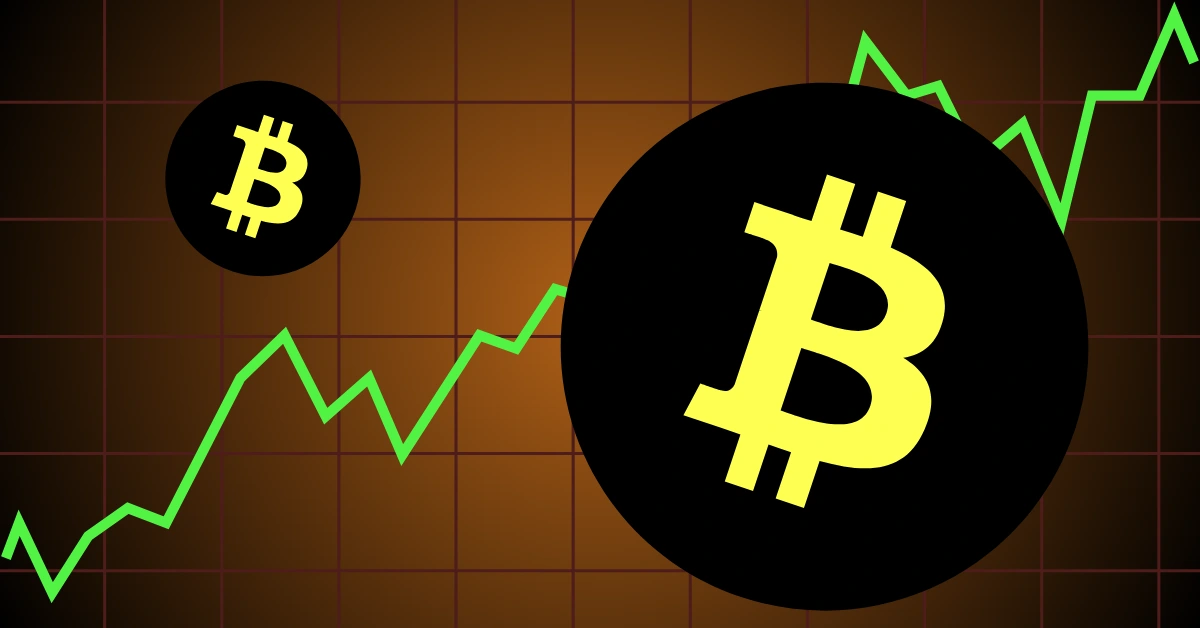In 2024, Bitcoin’s exchange balances have seen a notable decrease, a trend that is drawing attention from analysts, investors, and the broader cryptocurrency community. While this might seem like a worrying development at first glance, many experts believe that it is actually a positive signal for the growth and maturation of the Bitcoin market. This article explores the implications of falling exchange balances for Bitcoin’s future, its impact on market dynamics, and why this shift suggests a maturing asset class.
Decline of Bitcoin Exchange Balances
Bitcoin exchange balances refer to the amount of Bitcoin held on centralized exchanges. Over the past year, there has been a consistent drop in the amount of Bitcoin held on these platforms. As of early 2024, this trend continues to accelerate, with some reports showing a 20% to 30% reduction in exchange reserves compared to 2023 levels. This is a significant shift from the past when exchanges typically saw an influx of Bitcoin during heightened market activity.

At first, it may seem counterintuitive for Bitcoin’s price to rise amid declining exchange balances. After all, Bitcoin held on exchanges is more easily traded, potentially increasing market liquidity. However, this drop in exchange balances signals a deeper shift in how Bitcoin is being treated by both retail and institutional investors.
With fewer Bitcoins sitting on exchanges, the market sees more long-term holders, also known as “Hodlers,” who are less inclined to sell their holdings. This behaviour reflects a more stable market and long-term confidence in Bitcoin’s value.
Decline in Exchange Balances
Several factors lower Bitcoin exchange balances. One major reason is the increasing adoption of DeFi systems and self-custody wallets. After FTX and Celsius collapsed in 2022, investors became more aware of the risks of leaving funds on centralized exchanges. These instances exposed custodial systems’ vulnerabilities, prompting Bitcoin holders to move their holdings to non-custodial wallets or cold storage.
Institutional investors, who are joining the market in greater numbers, are employing Bitcoin custody services like Coinbase Custody and BitGo to hold huge sums of Bitcoin securely and controlled. This shift to institutional-grade custody solutions diminishes Bitcoin stored on public exchanges since these investors trade less.
Growing confidence in Bitcoin as a store of value also helps. Investors are adopting a “buy and hold” approach as Bitcoin matures and becomes a digital gold alternative. Bitcoin’s general appeal and incorporation into traditional finance encourage this trend. Bitcoin flows onto exchanges decrease during market turbulence because investors are less likely to sell.
Bitcoin’s Market Dynamics
Bitcoin’s exchange balance decline affects the cryptocurrency industry in numerous ways. Reduced market liquidity has an immediate effect. Fewer Bitcoins on exchanges limit short-term trading and market speculation. Since there is less supply to fulfil demand, this may exacerbate short-term volatility but also cause larger price changes when demand grows.
Upward Bitcoin price pressure is another effect. With fewer Bitcoins on exchanges and more retained by long-term investors, Bitcoin may rise in price. The restricted supply of Bitcoin might force prices higher if demand rises, as it regularly does during bull runs. Bitcoin is rare since its supply is limited to 21 million.
Bitcoin exchange balances are decreasing, indicating market maturity. More long-term investors reduce market volatility caused by major sell-offs. This shift toward a more steady investor base could lessen Bitcoin’s volatility, making it more reliable for institutional investors and traditional financial markets.
Bitcoin’s Institutional Adoption
The adoption of Bitcoin by institutions is driving a decrease in the exchange balance. Institutional investors, including huge financial organizations, hedge funds, and publicly traded enterprises, have increasingly bought Bitcoin. Retail speculation has given way to long-term investing.
Retail short-term traders influence Bitcoin exchange balances. Institutional investors store their Bitcoin in secure, regulated custodial facilities, reducing exchange trade. This suggests that institutional investors prioritise Bitcoin’s long-term value over speculative trading. The advent of Bitcoin Exchange-Traded Funds (ETFs) has made it easier for institutional investors to invest in Bitcoin without holding it.
Long-Term Implications for Bitcoin’s Growth
Bitcoin exchange balances are decreasing, suggesting it is becoming more stable and mature. While cryptocurrency markets will always be volatile, this pattern shows increased confidence in Bitcoin as a wealth and inflation hedge store. More investors will hold Bitcoin long-term rather than trade it short-term, reducing speculative activity and increasing underlying value.
Exchange balance reductions indicate an emerging cryptocurrency environment where decentralized finance (DeFi) and self-custody are becoming more essential. More investors realise the risks of keeping their money on centralized platforms, creating a more decentralized and secure market.
Bitcoin’s market dynamics will undoubtedly change as institutional usage rises and new investment products like ETFs make Bitcoin more accessible. With fewer Bitcoins available for short-term trading, demand might drive prices to new highs. The fall in exchange balances may indicate a more mature and healthy Bitcoin market in the future.
For More: Why Bitcoin’s Price Surge Could Last
Conclusion
Bitcoin exchange balances fell in 2024 and bodes well for its long-term growth. The short-term trading supply is decreasing since more investors are investing in Bitcoin long-term. Decentralized banking platforms, self-custody solutions, and institutional Bitcoin acceptance drive this transition. Bitcoin’s exchange balance decline may cause short-term volatility but also indicate asset class maturity. As Bitcoin evolves, these trends may boost price stability, making it more appealing to institutional and ordinary investors.

